Making Peace with Doubt
How to get unstuck when overthinking takes over
“I’m not sure if this is the job for me.”
“Will my marriage last?”
“Did I remember to lock the door before I left?”
“Am I sure I want to be a parent?”
“Did my doctor put me on the right medication?”
I’ve heard versions of these questions countless times in my clinical practice. Doubt is a common source of psychological distress—and a major reason people seek therapy. Many believe doubt is something to be eliminated before making decisions. Others become so preoccupied with it that they spend an excessive amount of time and energy trying to resolve it, hoping to reduce the discomfort it brings.
But what does it actually mean to doubt?
Put simply, doubt is the act of questioning ourselves, others, or our circumstances in pursuit of certainty. And we can doubt almost anything: our choices, our memories, our relationships—even our very sense of self.
For some, especially those who lean toward black-and-white thinking, doubt feels like a sign of weakness or confusion. They believe they must feel 100% confident before they can act or let go of a concern. But this expectation creates a problem: doubt is part of the human experience. Like worry, it's something we all encounter—especially when facing meaningful decisions.
When the stakes are high—whether it’s accepting a new job, moving cities, getting married, or deciding whether to become a parent—of course we’re going to feel unsure. Why wouldn’t significant life decisions be accompanied by doubt?
In fact, doubt can be useful. It often signals that we’re thinking deeply and carefully. If you’re weighing a job offer, you’re probably considering many factors: salary, work culture, commute, job duties, and long-term goals. From this perspective, doubt isn’t a flaw—it’s a feature of thoughtful decision-making.
That said, when we become stuck in doubt, it can tip into over-analysis. This often happens when we buy into the illusion that certainty is achievable—or worse, required—before we act. While some people report strong clarity about big decisions, most of us must move forward without perfect knowledge. (Aside from our eventual mortality and annual tax returns, very little is guaranteed.)
So how do we move through doubt?
Paradoxically, the best way to loosen the grip of doubt isn’t to think more—it’s to act. Taking action doesn’t mean recklessness. It means doing something that helps you gather real-world information, move toward clarity, or simply live out your values in the face of uncertainty.
Here are a few examples:
“Will my marriage last?” → Focus on improving communication now. Try couples therapy. Engage in activities that foster connection and fun.
“Am I sure I want to be a parent?” → Spend time with friends who have kids. Research family planning options. Explore your hopes and fears in a supportive conversation with your partner or therapist.
“Am I competent at my job?” → Track your successes. Seek feedback from trusted colleagues. Pursue training that supports your growth and confidence.
Each of these actions allows us to shift from rumination to movement. Importantly, they also require us to tolerate some degree of uncertainty. And that’s the hard part, isn’t it? As humans, we crave security and predictability. But the more we try to eliminate doubt entirely, the more unstable we often feel.
Dealing with doubt means embracing the truth that uncertainty is an inescapable part of life. It asks us to make the best choices we can with the information available—and to trust in our ability to handle what comes next.
What’s one area of your life where doubt is holding you back? What small action could you take this week to move forward—even if you don’t feel 100% certain?
This post is for informational purposes only and should not be considered therapeutic advice or a replacement for individual therapy. For more information on locating a psychologist near you, please contact your family doctor, the Ontario Psychological Association, the Canadian Association for Cognitive Behavioural Therapy, or Psychology Today


